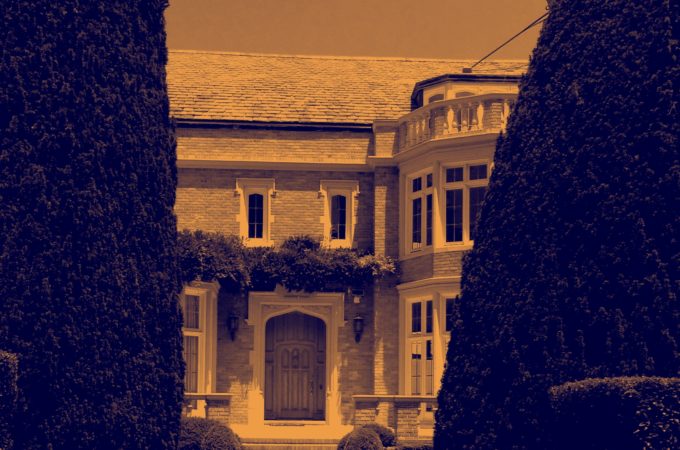“A resulting trust arises when title to property is in one party’s name, but that party, because he or she is a fiduciary or gave no value for the property, is under an obligation to return it to the original title owner.” Pecore v Pecore (SCC).
In 1969, Luisa immigrated from Portugal to Canada. By 1972, all of Louisa’s seven children had joined her (spanning in ages from 20 to 5 years old). Once her children arrived, Luisa stopped working outside the home. As soon as they were able, Luisa’s children began working and turned over their paycheques to Luisa. This pattern continued for as long as they continued to live with Luisa, generally until they married or moved out onto their own.
In 1974, Luisa decided to buy a house. With $1,000 loaned from a friend and two mortgages taken out in the names of two of her adult employed children, Henry and Maria Jesus (both of whom were still living with her at the time), Luisa bought a house in Toronto. Title to the house was also registered in the names of Henry and Maria Jesus.
In 1979, title to the house was transferred from Henry and Maria Jesus to Henry and Joseph (another one of Luisa’s son’s) as tenants in common. The mortgages were renewed in their names.
Luisa rented out the upper floors of the house and lived with her family on the ground floor. Luisa paid for all household expenses, including the mortgages and repayment of the $1,000 loan. She used the money she received from her children, the rents she collected from her tenants, and eventually old age security benefits to fund these payments.
Joseph died in 2007. At that time, his widow, Manuela, asserted a claim on behalf of Joseph’s estate that he was entitled to half the interest in the house and brought an application for partition and sale (Andrade v. Andrade). Luisa resisted the application on the basis that she was the beneficial owner of the home.
At trial, the judge found in favour of Manuela. The trial judge held that Luisa put forward no money of her own towards the purchase of the house, nor did she make any other legally recognizable contribution towards the mortgage. On this basis, he held that Henry and Joseph were the legal owners of the home.
The trial judge’s decision was overturned on appeal. The appellate court held that the trial judge made a palpable and overriding error in concluding that Luisa had no money of her own. While it was not in dispute that Luisa had no paid employment from the time her children arrived in Canada until her death, it did not necessarily follow that Luisa had no money. The appellate court concluded that Luisa had three sources of funds: the rents she collected from non-family tenants, her old age security, and the money given to her by her children.
While the trial judge emphasized that Luisa did not have a legal “right” to her children’s money, the appellate court held that the trial judge erred in concluding that it remained “her children’s” money even after it was given to Luisa. There was no evidence that the money was given to Luisa conditionally or as part of a bargain; Luisa’s children freely gifted their paycheques to Luisa for as long as they lived with her. The Court of Appeal held: “Once the money was given to Luisa, it became ‘Luisa’s money.’” It followed that Luisa did contribute to the purchase of the house – Luisa repaid the $1000 loan and paid off both mortgages using “her” money.
Even though title to the home and the mortgages were in the names of Henry and Joseph, the Court of Appeal held: “Luisa borrowed their “names,” not their money.” Having concluded that Luisa funded the purchase the house, the Court of Appeal held that a “purchase money resulting trust” arose.
The Court of Appeal went on to find that there was no evidence to rebut the presumption of a purchase money resulting trust. In 1974, when the house was bought, Luisa did not qualify for a mortgage because she did not have paid employment. However, two of Luisa’s children were of age and had sufficient income to qualify for the mortgages, so the house was registered in their names. Nevertheless, Luisa treated the house as her own throughout her life – she arranged for tenants and collected the rent; she decided on and paid for all renovations and repairs to the house; and she paid all household expenses, including utilities and the mortgages. All the evidence pointed towards Luisa’s intention to retain beneficial ownership of the house even though her name was not on title.
This case is a good example of what it means to make a gift – gifts are, by definition, unconditional. Once a gift is given, the giver cannot claim an interest in the property purchased with the gifted funds. In this case, the gifted funds were used to buy a house which was registered in the names of two of her children. The court held that a resulting trust is no less likely to arise because Luisa uses gifted funds to purchase her house than it would have been if she had used income from employment.

